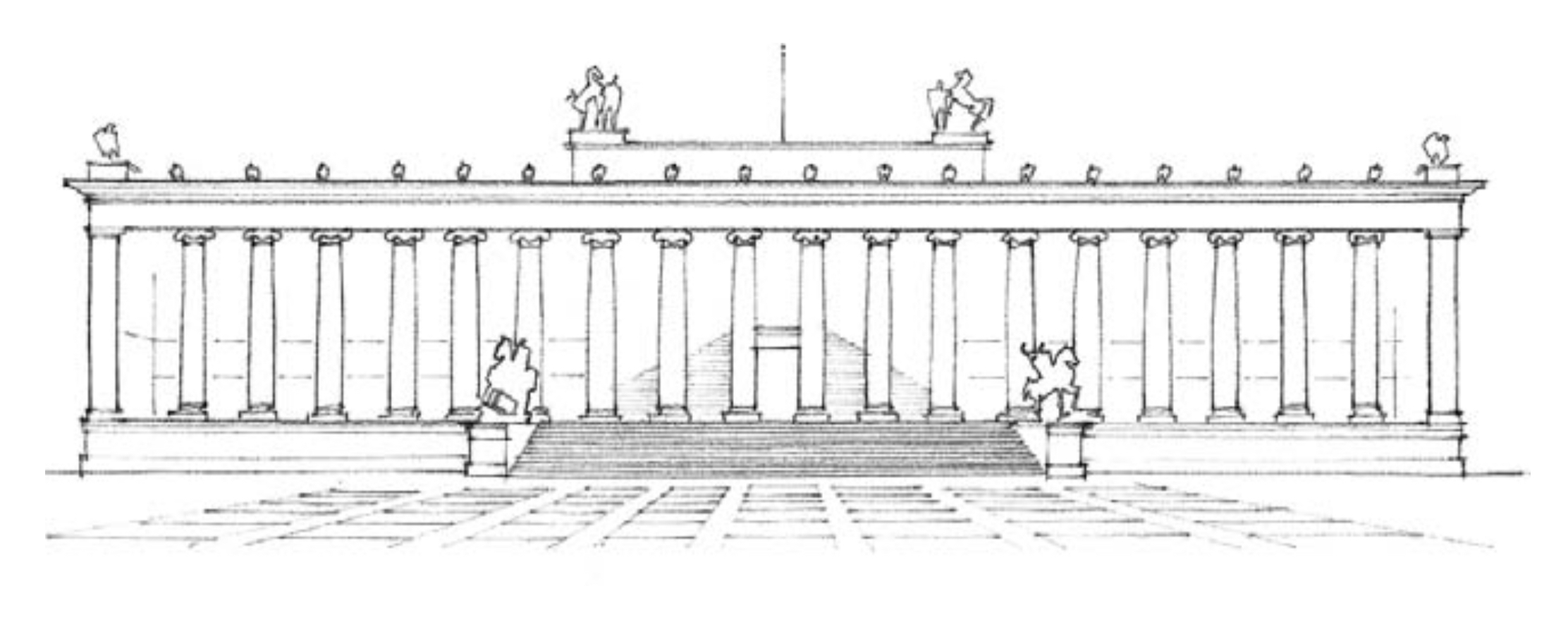IN4315: Software Architecture

Guidelines on how to identify Software Components
This page contains an overview to identify Software Components in your project.
What is a software component?
A software component is a part of a software system dedicated and responsible for specific functionalities.
How do I identify a component in my project?
Look at the project file/folder structure. Ususally, software architects and software engineers divide their code in components using this easy but effective way to separate responsibility.
Can you give me an example?
Take project youtube-dl.
Its folder structure inside folder youtube_dl is:
- downloader
- extractor
- postprocessor
An educated guess will be to use these three folders as components.
There is probably another component which comprises all the python code included in the
folder youtube_dl itself (but not the code inside the other three subfolders).
Take care of exploring the full structure of the project as there might be some other
subfolders which would account as another separate component. In this case, for instance,
we would like to comprise folder devscripts
as well.
Do I need to exclude anything from the process of component identification?
Yes. Mostly, you need to exclude all folders that have code imported and used
by the project itself from external libraries. These folders usually have names like libs, or
for certain languages/framework have more specific names (i.e. if your project is using node,
probably there will be folder node_modules).
This code is, in fact, not being written by the developers thus falls out of our scope.
Furthermore, some project have configuration files like xml, json, yaml, etc that again
fall out of the scope for this project. You want to comprise only code actively written
and maintained by the team.
Do I need to create components also comprising test files?
Yes.
Why do I need to do all this?
We need a configuration file that specifies what are the main components in the system you selected. The analysis and visualization of the components and their dependencies/calls will not be visible otherwise. This analysis will help you understand areas of improvement in your project, thus it is a good idea to make a good analysis and accurately study what you think should be the defined structure.
Can I validate my component definition?
Unless you have a quick feedback loop with core developers/maintainers of your project, most likely you will not be able to validate the components you have identified. Try to search for additional documentation inside the project itself. Oftentimes, the guidelines written to contribute to the project include also some information regarding the architecture and componentization. Double check if the documentation is up-to-date and aligns with your findings. If you are really struggling, come and ask a question in Mattermost, channel #system-components
I suggest you to join anyways, so that you can learn from help that we will provide to other project members. At the same time, some other colleague of yours might help you directly.
How do I actually write component definition?
Components are defined using regex, using a yaml template like this:
components:
- name: "Component_A"
include:
- ".*/ComponentA_Folder/.*"
- name: "Component_B"
include:
- ".*/ComponentB_Folder/.*"
Take into account indentation and use meaningful names for the components.
Where to I deliver the system components?
Write a yaml file using the project name as a filename, and put it in your GitLab through a pull request.
Going back to the youtube-dl example, the file name would look like youtube-dl.yaml and its content as follows:
components:
- name: "extractor"
include:
- ".*/extractor/.*"
- name: "downloader"
include:
- ".*/downloader/.*"
- name: "postprocessor"
include:
- ".*/postprocessor/.*"
- name: "devscripts"
include:
- ".*/devscripts/.*"
- name: "youtube-dl"
include:
- ".*/youtube_dl/.*"
exclude:
- ".*/extractor/.*"
- ".*/downloader/.*"
- ".*/postprocessor/.*"
- name: "test"
include:
- ".*/test/.*"
Please note the important step regarding the exclusion of extractor, downloader and postprocessor
for the youtube-dl component. This is fundamental because the regular expression
that defines what is included would catch everything that is in the youtube_dl folder.
Clearly, we want the three folders mentioned above in separate components as otherwise
we would miss their cross-component calls and code dependencies.
Optional but useful: alternative ways of defining components
There’s a less-optimal way of doing this which is defining a component_base_dirs.
It is less optimal because the components will show with the folder name itself
rather than the name of the component you are giving to it. So if a folder is called, for instance,
src/main/java/nl/tudelft/mycomponent it will show with that name instead of a pretty nice
name MyComponent that you have defined before.
In the case for youtube-dl the component definition can look something like:
component_base_dirs:
- "youtube_dl"
- ""
The first base dir will define each folder inside youtube_dl as component. This will
result in extractor, downloader and postprocessor being components, thus
being equivalent to the above when we wrote specific regular expressions for
the three different folders.
The second bullet point will define a component for all the file inside youtube_dl
excluding automatically the files included in the previous base dir. This will also include the
root folder of the project to be analysed for components, including then also devscripts
and test.
If you use this way of defining components, start always from the most in-depth folder and then proceed upwards in the structure. Finally, take into account that you cannot use the two component definition methods at the same time, so either you use the one written above or this.